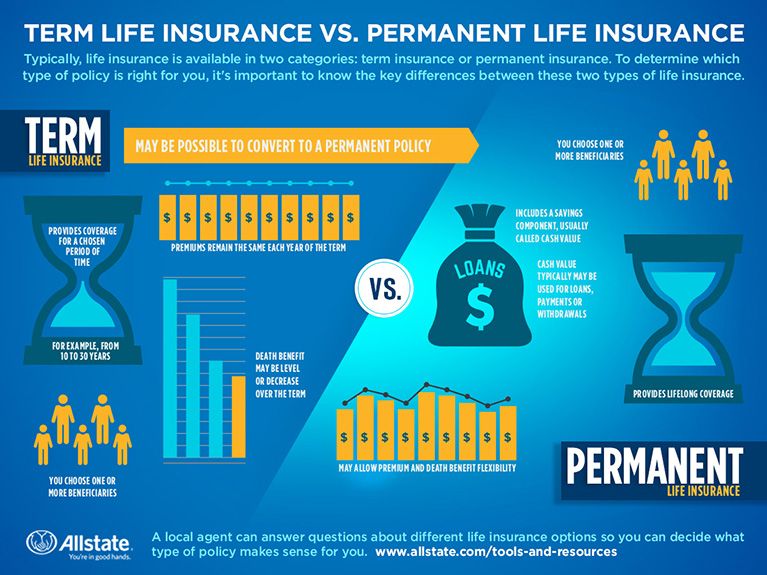I have skipped it numerous times, and my number has yet to come up. If it turns out that I require to cancel or interrupt, I'll simply have to take my monetary lumps I played the chances and lost. But sometimes it's probably a great concept to get this coverage for instance, if you're paying a great deal of up-front cash for an arranged tour or short-term lodging leasing (both of which are costly to cancel), if you or your travel partner have doubtful health, or if you have actually a liked one in the house in bad health. A basic trip-cancellation or disturbance insurance coverage covers the nonrefundable financial penalties or losses you sustain when you cancel a pre-paid tour or flight for an appropriate reason, such as: You, your travel partner, or a member of the family can not travel due to the fact that of sickness, death, or layoff, Your trip business or airline goes out of service or can't carry out as guaranteed A family member in your home gets ill (inspect the small print to see how a relative's pre-existing condition may impact coverage) You miss out on a flight or need an emergency flight for a factor outside your control (such as a car accident, inclement weather, or a strike) So, if you or your travel partner accidentally breaks a leg a couple of days before your trip, you can both bail out (if you both have this insurance) without losing all the cash you paid for the trip.
This kind of insurance can be used whether you're on an organized tour or cruise, or taking a trip individually (in which case, only the prepaid expenditures such as your flight and any nonrefundable hotel appointments are covered). Note the distinction: Trip cancellation is when you don't go on your trip at all. Trip interruption is when you start a journey but have to suffice short; in this case, you'll be repaid only for the portion of the journey that you didn't complete. If you're taking a tour, it may currently feature some cancellation insurance ask - What is liability insurance. Some insurance companies won't cover certain airlines or trip operators.
Ensure your carrier is covered. Buy your insurance coverage within a week of the date you make the first payment on your journey. Policies purchased behind a designated cutoff date usually 7 to 21 days, as determined by the insurance coverage company are less likely to cover trip company or air carrier insolvencies, pre-existing medical conditions (yours or those of member of the family at house), or terrorist occurrences. Mental-health issues are usually not covered. Tense travelers are fretful about two big unknowns: terrorist attacks and natural disasters. Ask your business for details. A terrorist attack or natural catastrophe in your home town might or might not be covered.


Even then, if your tour operator uses a replacement itinerary, your coverage may become void. When it comes to natural disasters, you're covered just if your destination is uninhabitable (for example, your hotel is flooded or the airport is gone). War or outbreaks of disease typically aren't covered. With travel turned upside down by the coronavirus pandemic, it's more vital than ever to know what travel insurance covers and what it does not. While a lot of basic policies provide coverage for flight cancellations and journey disturbances due to unpredicted events, many COVID-19related issues are excluded from protection, including: Fear of travel: If you choose not to travel out of worry of contracting COVID-19, your insurance plan will not cover you.
How To Get Medical Insurance for Dummies
Extra COVID-19 break outs: If the area you're preparing to visit experiences new shutdowns after you've scheduled the journey, do not want to your travel insurance for protection. Going against federal government travel cautions: If you do have protection, your policy may be voided if you take a trip somewhere that your federal government has actually considered unsafe, or if your federal government has restricted international travel. You might be able to prevent the concern of what is and what isn't covered by purchasing a costly "cancel for any reason" policy (explained below). Health emergencies are the primary cause for journey cancellations and interruptions, and they can come with high medical costs in addition to extended lodging expenses for travel partners.
While lots of United States insurers cover you overseas, Medicare does not. Likewise, make sure you're mindful of any policy exemptions such as preauthorization requirements. Even if your health plan does cover you globally, you might want to consider buying a special medical travel policy. Much of the extra coverage offered is supplemental (or "secondary"), so it covers whatever expenses your health strategy doesn't, such as deductibles. However you can also buy primary coverage, which will take care of your expenses approximately a certain amount. In emergency situation situations involving expensive procedures or overnight stays, the medical facility will generally work directly with your travel-insurance provider on billing (however not with your routine medical insurance business; you'll likely have to pay up front to the healthcare facility or center, then get repaid by your stateside insurer later on).
Whatever the scenarios, it's smart to call your insurance company from the road to let them understand that you have actually looked for medical assistance. Many pre-existing conditions are covered by medical and trip-cancellation protection, depending on when you purchase the protection and how recently you have actually been dealt with for the condition. If you travel often to Europe, multi-trip yearly policies can conserve you money. Talk to your representative or insurance provider before you devote. The United States State Department regularly concerns warnings about taking a trip to at-risk nations. If you're checking out one of these nations, your cancellation and medical insurance will likely not be honored, unless you purchase additional protection.
Compare the cost of a stand-alone travel medical strategy with detailed insurance coverage, which comes with great medical and evacuation coverage. A travel-insurance company can help you sort out the options. Specific Medigap strategies cover some emergency situation care outside the United States; call the provider of your extra policy for the information. Theft is specifically worrisome when you consider the dollar value of the products we load along. Laptop computers, tablets, electronic cameras, smart devices, and e-book readers are all expensive to replace. One method to secure your investment is to buy travel insurance from a specialized business such as Travel Guard, which uses a range of options that include coverage for theft.
The 30-Second Trick For What Is A Health Insurance Premium
It's likewise clever to talk to your property owners or renters insurance business. Under a lot of policies, your personal effects is currently secured against theft throughout the world however your insurance deductible still uses. If you have a $1,000 deductible and your $700 tablet is taken, you'll have to pay to change it. Instead of buying separate insurance coverage, it may make more sense to add a rider to your existing policy to cover costly items while you travel. Before you leave, it's a great concept to take a stock of all the high-value products you're bringing. Make a list of serial numbers, makes, and models of your electronic devices, and take photos that can work as records.